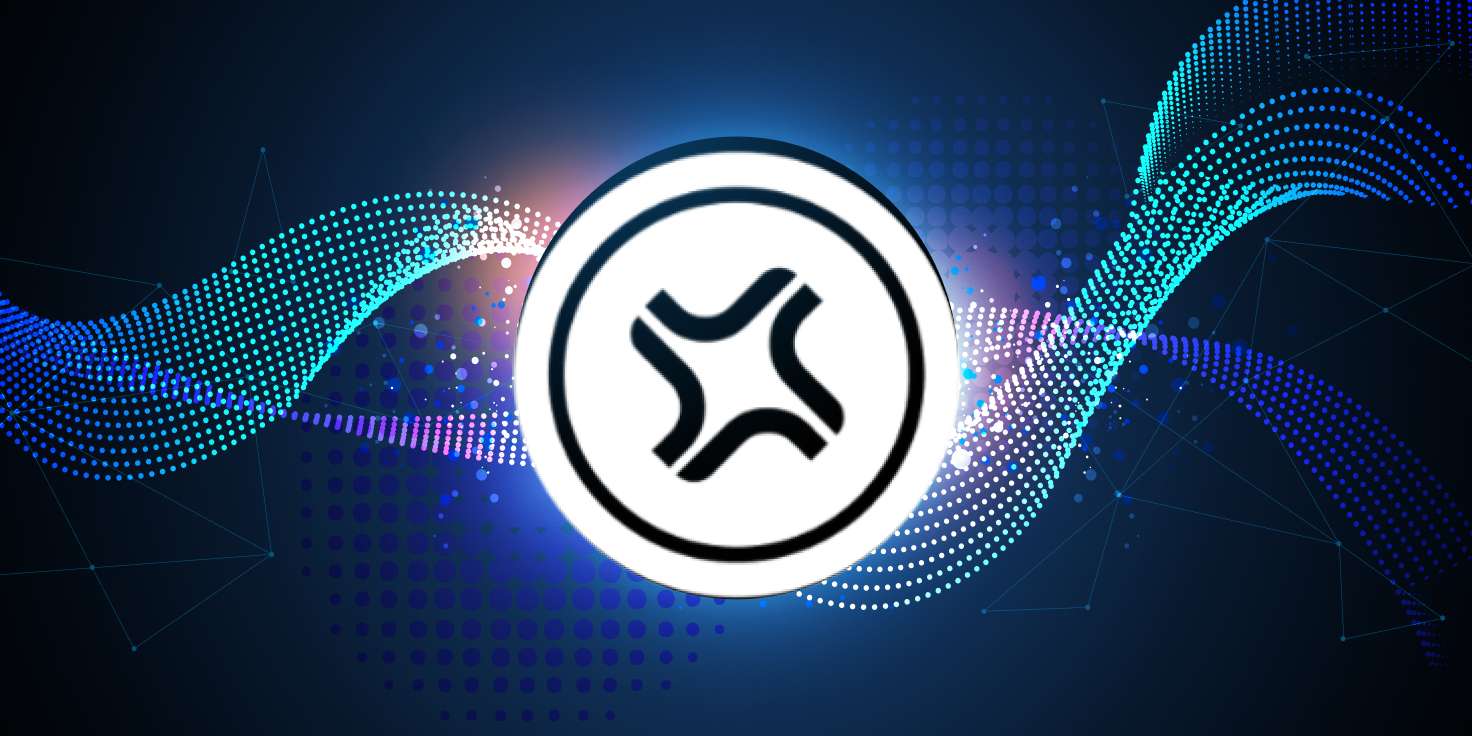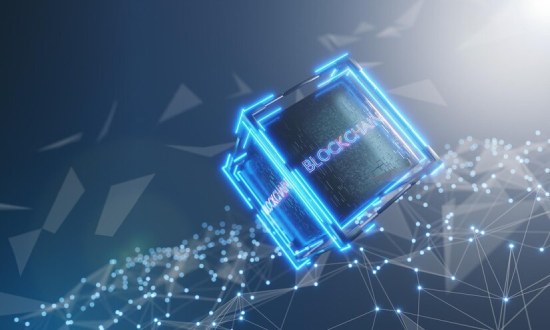Validators
Run the Jito-Solana client and connect a relayer. Configure MEV tip collection and payment programs. Monitor leader schedules and slot health. Review runbooks for co-hosted or separate relayer deployments. Track MEV rewards and validator performance across epochs.

 Blockchain Application Development
Blockchain Application Development
 Fintech Blockchain App Development
Fintech Blockchain App Development
 Hyperledger Application Development
Hyperledger Application Development
 STO Development Services Company
STO Development Services Company
 Exchange Development
Exchange Development
 Cryptocurrency Wallet Development
Cryptocurrency Wallet Development






